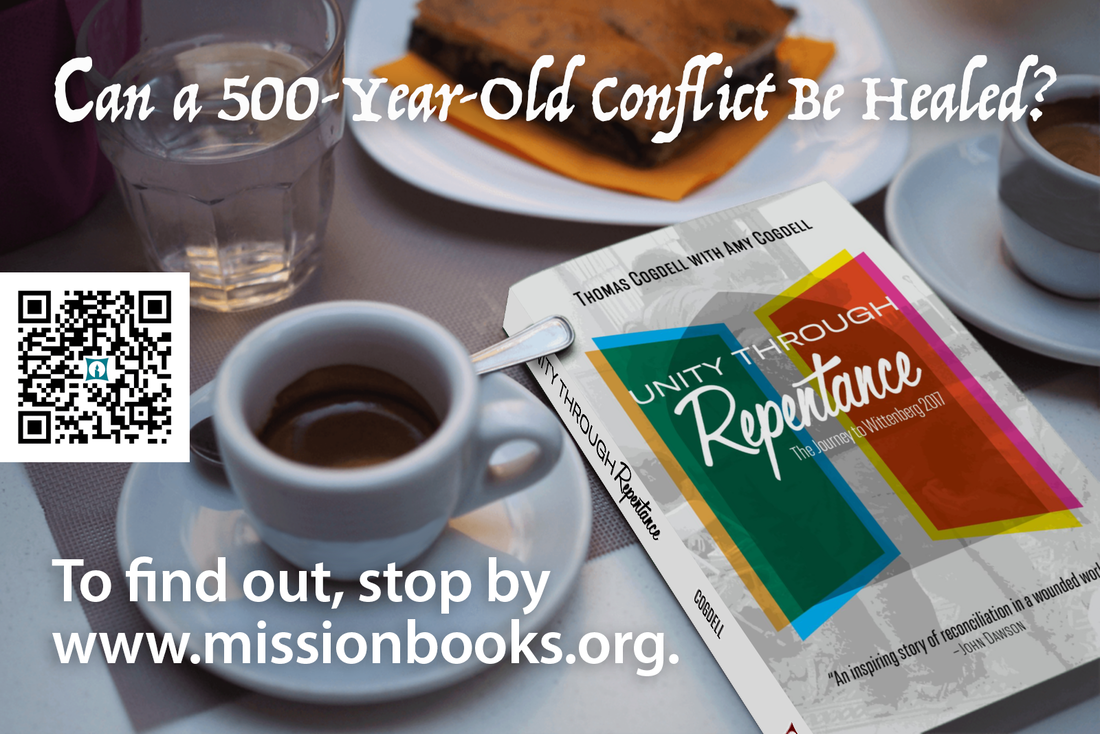|
In 2010 we published a set of five key principles to guide the work of Wittenberg 2017. We are now publishing six core conclusions which we have reached during the meetings of the past five years. The leadership of Wittenberg 2017 has found these conclusions helpful in providing a framework for understanding the events of the past 500 years and responding in the way of reconciliation. We also believe these conclusions will be helpful in preparing for our final meeting in Wittenberg, Nov. 2017.
These conclusions are shared by the leadership of Wittenberg 2017, a group of clergy and laity composed of Catholics, Protestants and Messianic Jews. We believe these conclusions to be both scripturally and historically sound. In humility we also confess that do not see history with the fullness of God’s perspective. These conclusions are, of course, subject to further refinement under the counsel of the Holy Spirit and the light of new facts we may discover. Conclusion #1 We honor Martin Luther as a prophet sent by God to Luther’s own church, the Roman Catholic Church.
Conclusion #2 We lament that Luther's prophetic message was not correctly considered or responded to by his apostolic authorities.
Conclusion #3 We grieve the subsequent shared history of hostility – and ask the Holy Spirit to embolden us to identify with our forefathers, repent for their attitudes and actions that were not godly, forgive, and where appropriate make restitution.
Conclusion #4 We believe that Catholics & Protestants can and should jointly commemorate the 500th anniversary of the Reformation.
Conclusion #5 We propose that Catholics & Protestants - indeed all followers of Jesus - seize the opportunity to pray John 17 with Jesus on the occasion of this historic anniversary.
Conclusion #6 We believe that in preparation for Jesus’ return, the Holy Spirit will move again as Malachi prophesied, “turning the hearts of the fathers to the children and the children to their fathers.”
|
Historical Conclusions



